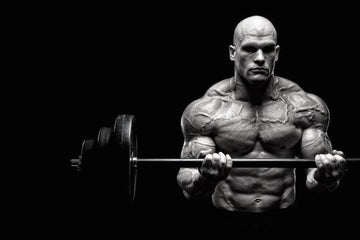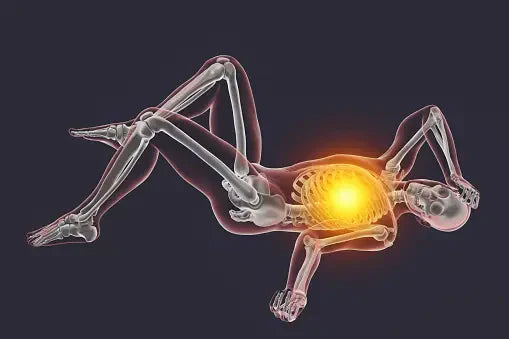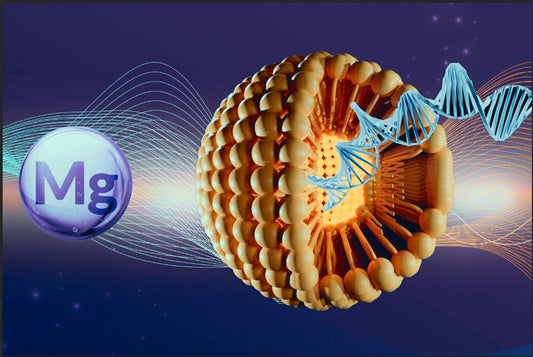

Low Carbs and Muscle Growth
Table of Contents
Low Carbs and Muscle Growth
Bodybuilders have been using low carb diets for decades because most bodybuilders feels its an effective way for increasing fat loss. Most bodybuilders believe low carb diets cause fat loss so rapidly by lowering circulating insulin levels. Another reason why low carb dieting may promote weight loss is because these diets frequently lead to a spontaneous reduction in overall food intake. High protein tends to curb appetite which can result in a suppression of food intake. Another reason the effective weight loss is that most low carb diets lead to less variety in overall food choices which can enhance weight loss. Low carb diets also tend to support rapid weight loss of water which can be especially pleasing for many bodybuilders. Many bodybuilders may not be aware that low carbohydrate diets are associated with lowered testosterone, which emphasizes the need for carbohydrates and optimal testosterone.
Researchers examined the effect of dietary carbohydrate consumption on the free testosterone to cortisol ratio during a short-term intense micro-cycle of exercise training. The free testosterone to cortisol ratio is a proposed biomarker for overreaching-overtraining (i.e., training stress or imbalance) in athletes. The ratio was studied in two groups:
– control-carbohydrates (approximately 60% carbohydrates of daily intake.
– and low-CHO (approximately 30% carbohydrates of daily intake).

The of male subjects who performed three consecutive days of intensive training (approximately 70-75% maximal oxygen consumption, 60 min per day) with a dietary intervention (on the day before and during training). Resting, pre-exercise blood samples were collected under standardized-controlled conditions before each day of training (Pre 1, 2, 3) and on a fourth day after the micro-cycle (Rest). Bloods were analyzed for free testosterone and cortisol via radioimmunoassay procedures. Subjects performed no additional physical activity other than prescribed training. At the end of the study, free testosterone to cortisol ratio decreased significantly from pre-study resting measurement to the final post-study resting measurement in the low-carbohydrate group (-43%), but no change occurred in the control-carbohydrate group (-3%). Findings suggest if the free testosterone to cortisol ratio is utilized as a marker of training stress or imbalance it is necessary for a moderately high diet of carbohydrate to be consumed to maintain validity of any observed changes in the ratio value.
Its pretty well established that carbohydrates can help suppress cortisol secretion during exercise. Some people respond favorably to low carb diets whereas others respond more favorably to moderate to high carb diets. The experiment only lasted 5 days, so the athletes in this experiment low carb diet group may well have reacted differently if the experiment had lasted a few months instead of only 5 days.Bodybuilders may want to incorporate high carb days on the more intensive training days followed by low carb days to prevent the decline in testosterone levels.
Lane AR, Duke JW, Hackney AC. Influence of dietary carbohydrate intake on the free testosterone: cortisol ratio responses to short-term intensive exercise training. Eur J Appl Physiol. 2010 Apr;108(6):1125-31.
















